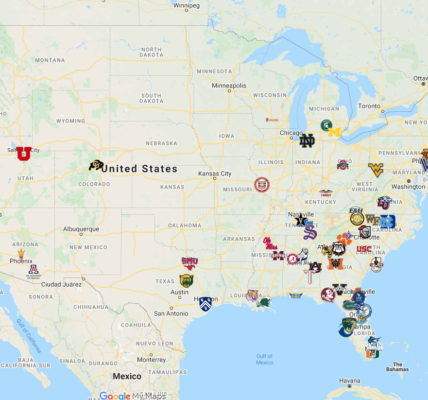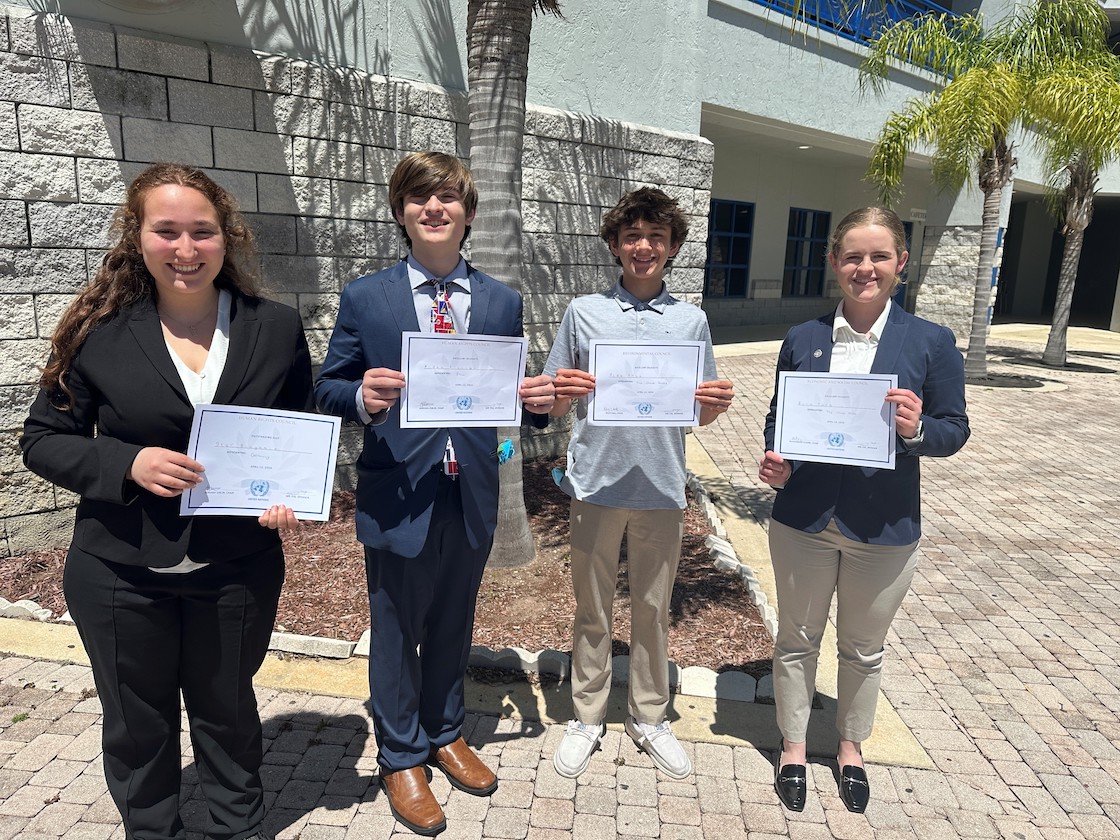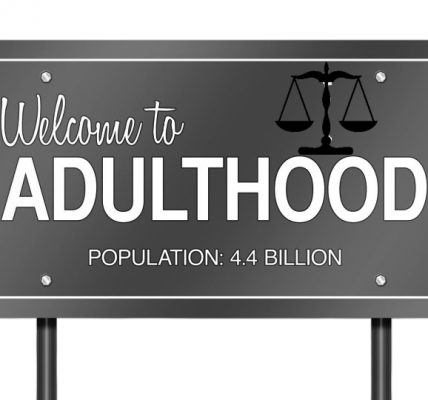By Avery Dasher
Securing a job during an individual’s youth may be more beneficial than most think. According to PayScale, “Paul Harrington, who is a labor economist and lead author of the Drexel University study, said that the survey findings show that, ‘work experience in a formal job during high school (from ages 16 to 19) correspond to a 20 to 25 percent increase in salary for teens almost a decade later.’” which could be anywhere from an eleven thousand to fourteen thousand dollar increase for one who earns the average income for a United States household. This correlation between maintaining a job during one’s youth and an increase in financial success can be credited to the valuable lessons learned in the workplace and the increase of competence due to previous experience.
While researching the internet can provide an upper-hand, having real life experience provides an unmatched experience, causing one to sometimes learn their lessons the hard, but most effective way. Grace Geuther, a junior attending Ponte Vedra High School said, “I have learned time management and quick-thinking skills.” Emily Yip, a junior attending PVHS said, “I learned how to balance my social life from work.” and lastly, Laila Engl, also a junior attending PVHS said, “I learned that serving other people keeps you humble, and helps you learn the value of money.” grasping each of these ideas at such a young age enhances each of their work ethics, and makes them a stronger person.
Find a job you will have fun at
Samantha Lynch
Applying for jobs can be nerve-racking, especially when applying the first time. When determining which jobs to pursue, it is important to consider which jobs would be enjoyable for the individual. Samantha Lynch, a junior at Ponte Vedra High School said “Yes, you are trying to get the job, but make sure you would be happy doing the job and working with your coworkers.” Emily Yip also said, “Find a job you will have fun at.” while it is important to make every effort to secure the job being sought for, it is equally important that the job is suitable for the individual.
Most job applications will inquire about personal information, employment eligibility, experience and education. It is important when filling out the application, or the interview, to include any kind of experience with labor, or activities that may prove competence for this job, for example: volunteer work or extra-curricular activities that may demonstrate leadership or partnership skills. While not having much experience may reduce chances of securing a job, it is not the be-all and end-all.
To prepare for an interview one must be mentally and physically equipped. According to Pongo, “Studies indicate that an applicants appearance is the most important part of a first impression, created during the first few minutes of a job interview.” to be physically equipped means to be conscious of body language, dress accordingly, and have a clean, put-together look. To be mentally prepared means to be knowledgeable concerning the background of the workplace being sought for, and the skills the job calls for. Most, but not all, interviews tend to be set up in person and are conducted by a manager, HR recruiter, or boss. According to The Balance Careers, the most common interview questions are “Tell me about yourself? Why do you want this job? Why should we hire you? What is your greatest strength? What is your greatest weakness? Why do you want to leave (or have left) your job? What are your salary expectations? How do you handle stress and pleasure? Describe a difficult work situation or project and how you handled it.” and “What are your goals for the future” researching interview questions and having a prepared response can allow the individual to be more fluent and relaxed during an interview, especially those who feel they may not thrive under pressure, or may tend to be very nervous in social situations.
While many employers seek younger teens to fulfill necessary jobs, due to child labor laws there are age restrictions for certain jobs. According to United States Department Of Labor, “Generally, no employee under 18 years of age may drive on the job or serve as an outside helper on a motor vehicle on a public road” which means delivery driving is not an option for minors. There are also restrictions regarding the number of hours a minor may work during the day and week. In the state of Florida, a minor may not work more than four hours without a 30-minute break and can work no longer than 30 hours a week. How often one works depends on where they work, for instance while Reagan Marvel, a junior at Ponte Vedra High school said she works about two to three days a week, Tayler Dietrich, also a junior at PVHS said she works six days a week, and Samantha Lynch said she works on the weekends. There are many more restrictions concerning which jobs minors may or may not attain, and how they are to be scheduled for work, to read more about child labor laws visit https://www.dol.gov/agencies/whd/child-labor.





